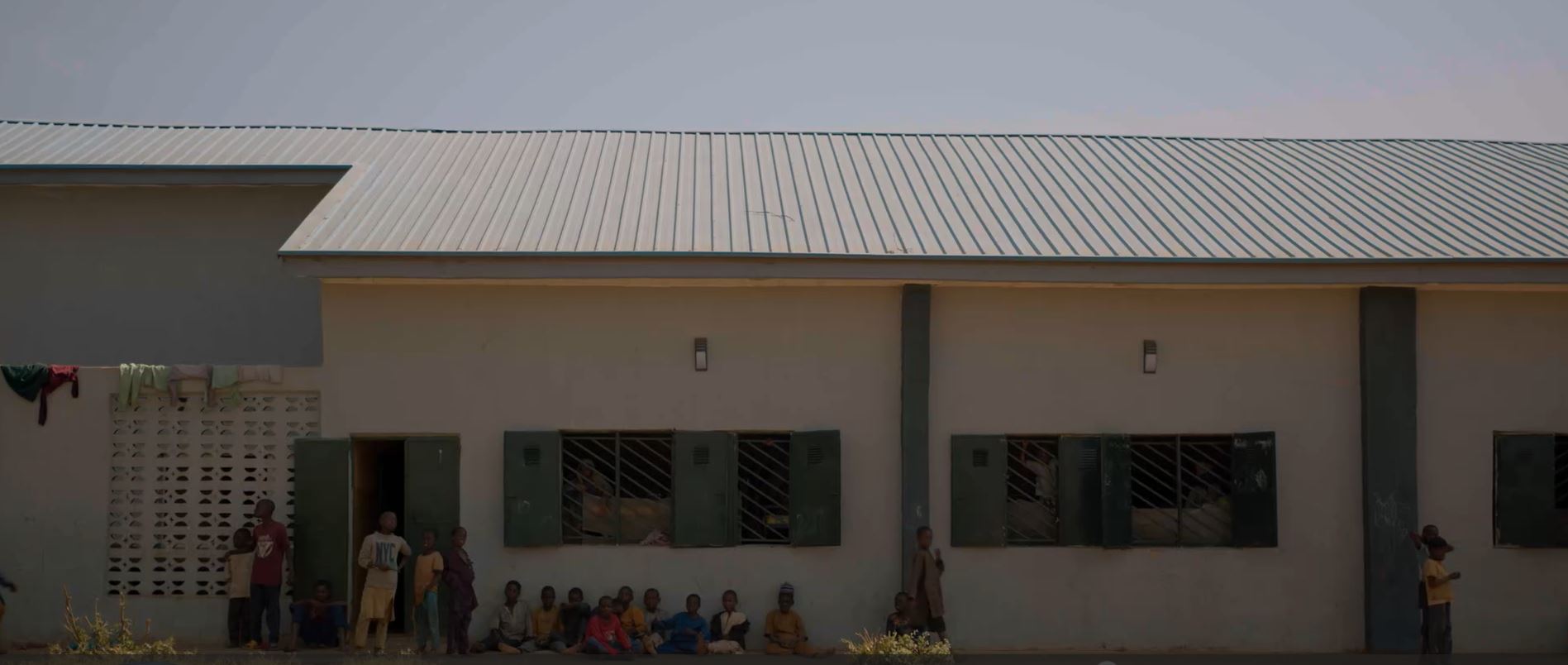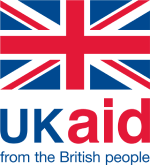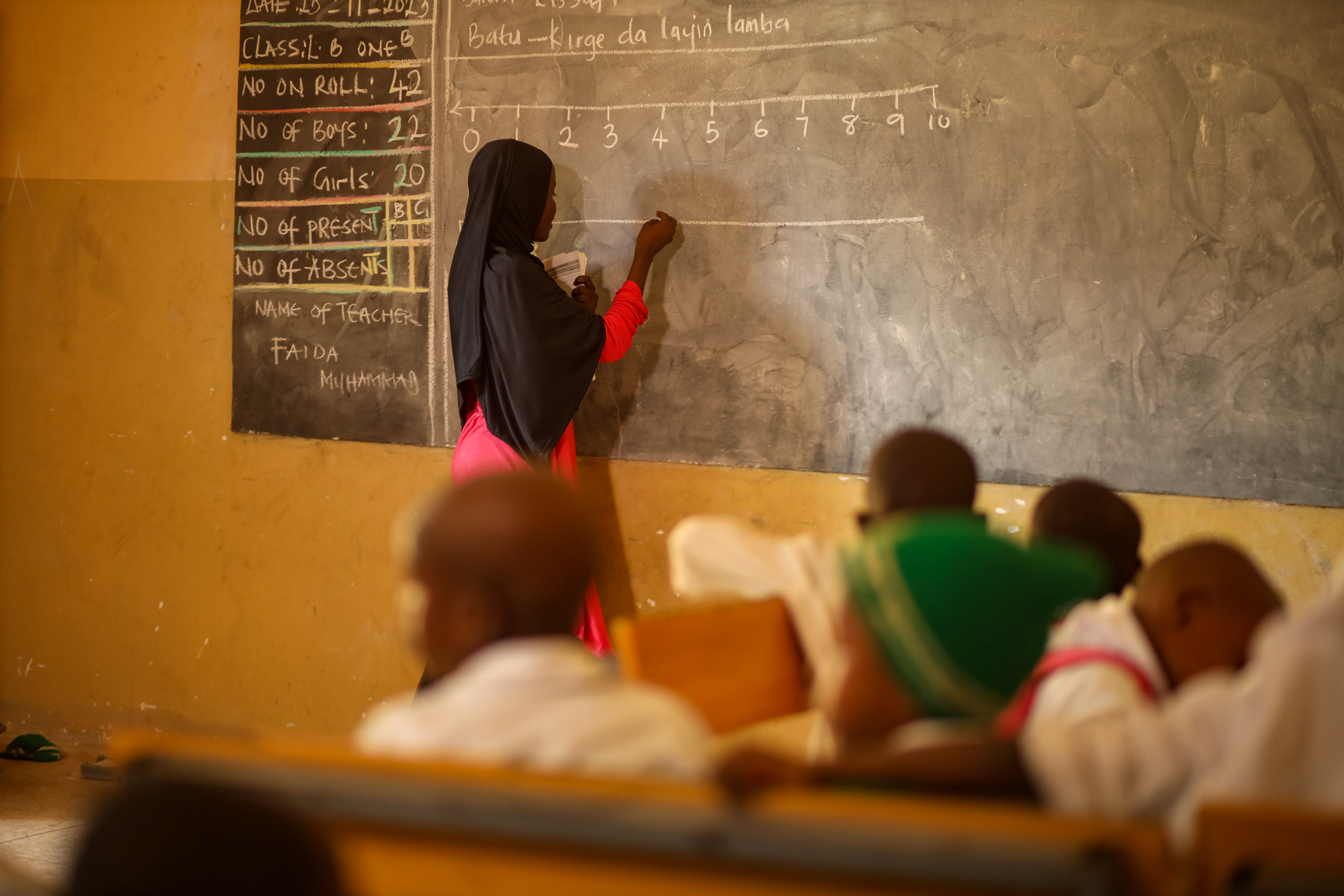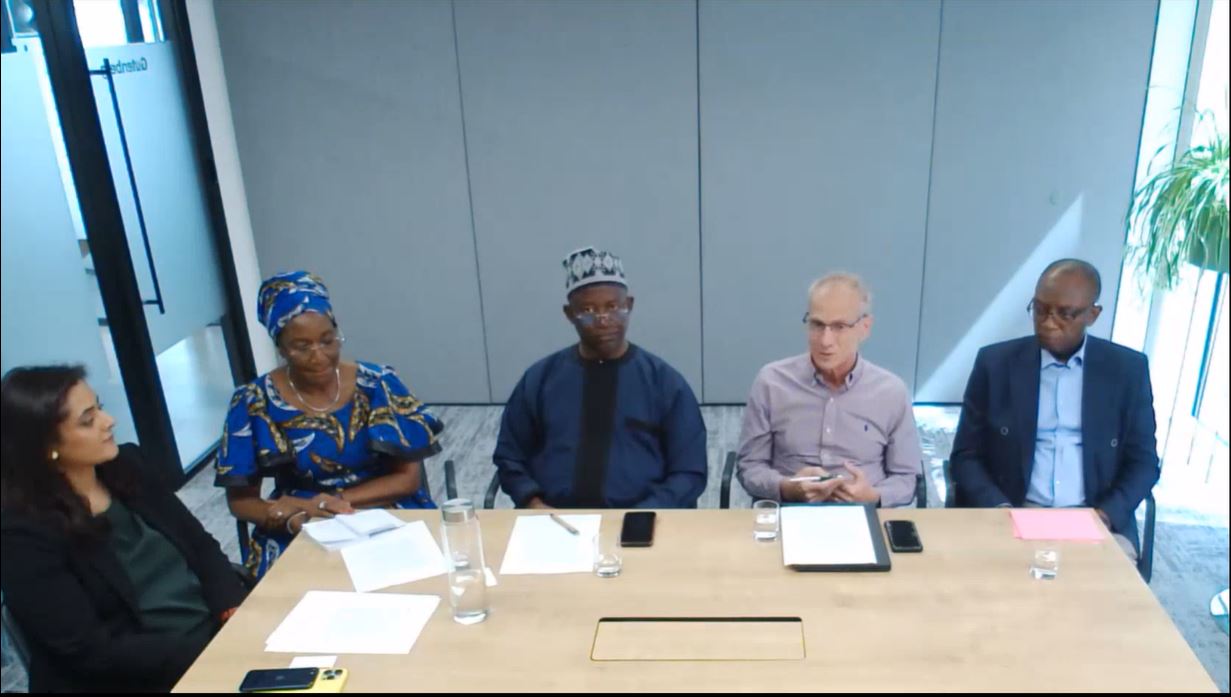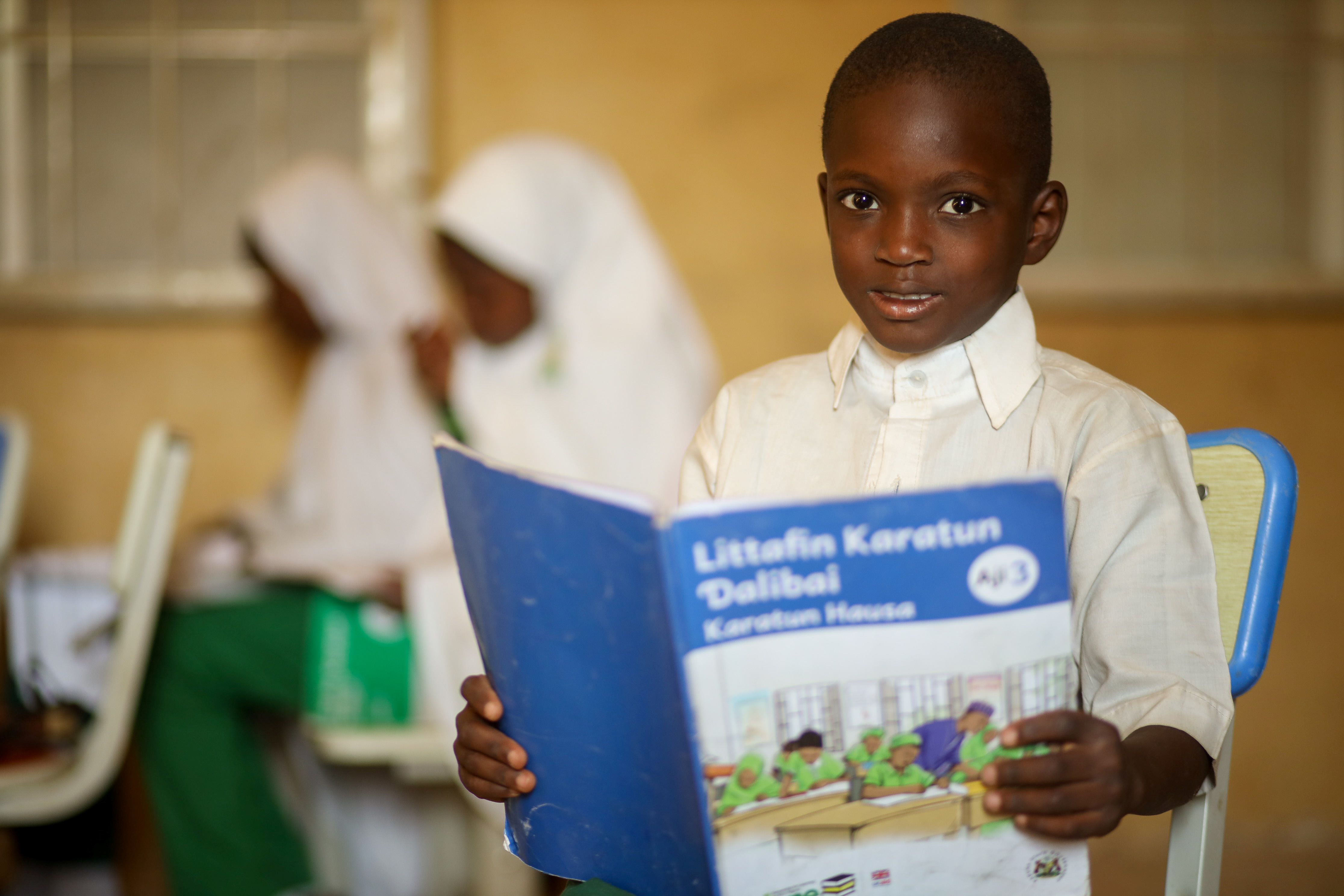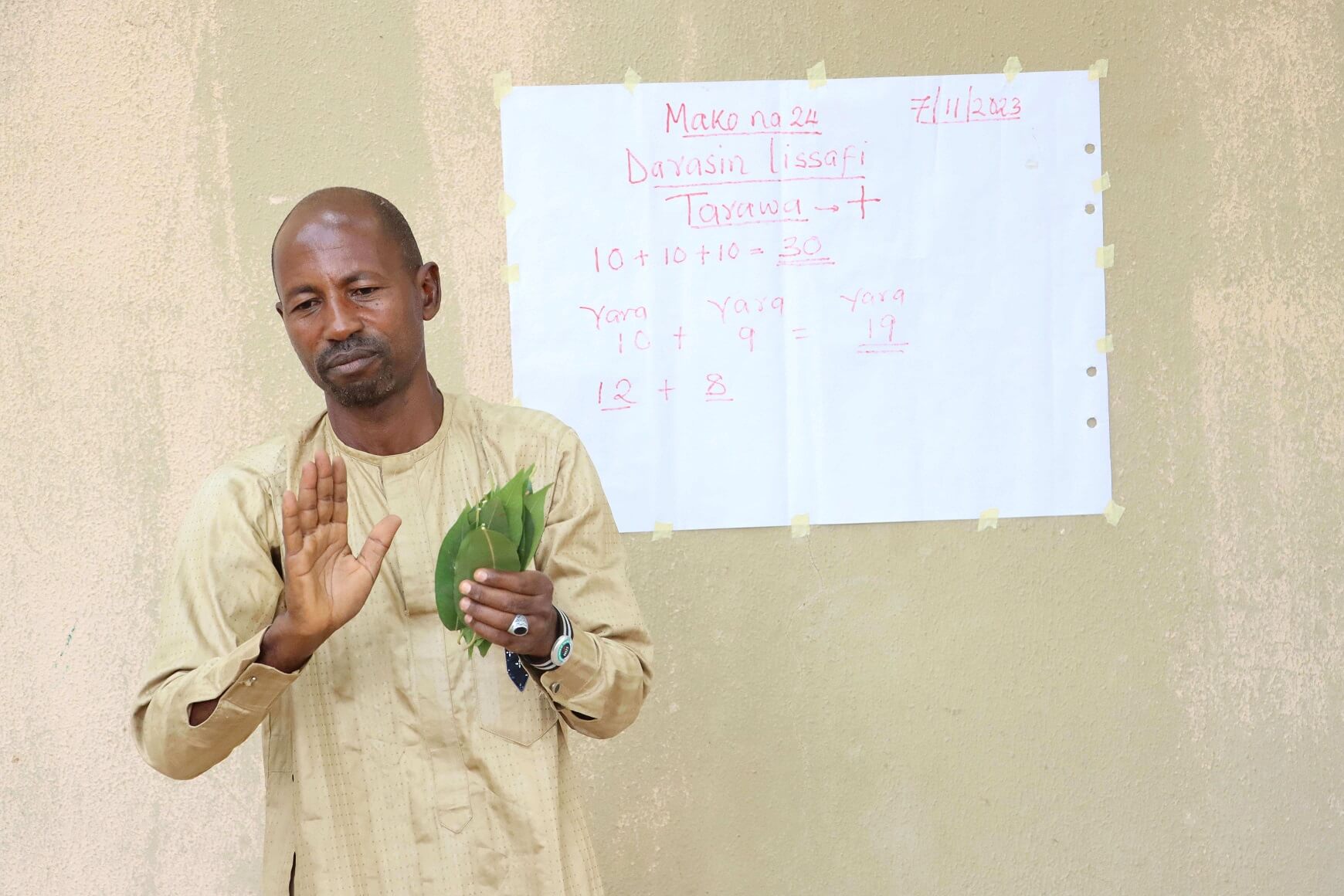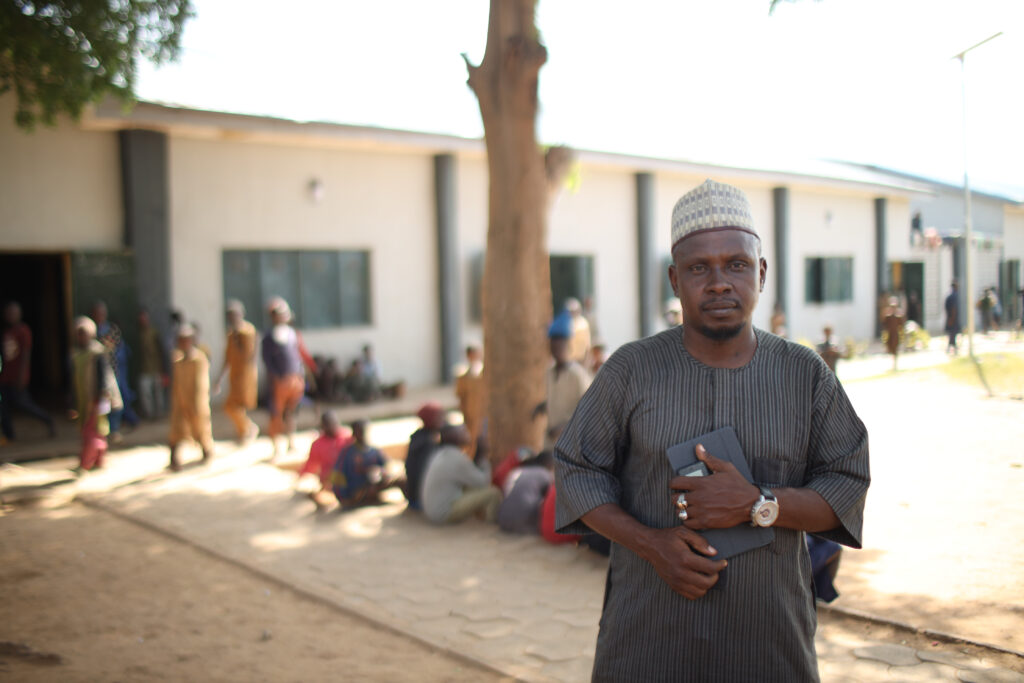
Nigeria has a large and growing population, which could lead to a demographic dividend or disaster. It is estimated that at least 30% of Nigeria’s 200 million people are of school age. With a fertility rate of 5.5 and low contraceptive use, the population is projected to reach 400 million by 2050. Population growth is likely to be highest in the North, where fertility rates are as high as 8.9.
The northern part of Nigeria houses most of the country’s out-of-school children. However, many parents in the region embrace Islamiyya, Quranic and Tsangaya Education (IQTE), with children often being sent far from home to acquire knowledge of the Quran. Many of the children categorised as out-of-school in northern Nigeria have access to this form of education.
IQTE is an Islam-based educational system that existed for several centuries before colonialisation. It constitutes an alternative or
parallel schooling system to the formal education system in several countries in sub-Saharan Africa.However, in most countries, the Qur’anic schooling system is seldom recognised officially in terms of its contributions to education delivery. Hence, they remain relatively unknown by education planners and statisticians and are rarely explicitly taken into account in the formulation of national policies and strategies.
Qur’anic schooling is designed to address first and foremost the spiritual needs of the learners and to offer them avenues for growth in the faith. Despite its richness of content, the system in Nigeria has, unfortunately, been identified with begging and destitution. It has been wrongly classified as an ‘informal’ system, and, as such been given too little attention, if any, by authorities.
UKaid’s Education Sector Support Programme in Nigeria (ESSPIN) conducted a research which revealed that these schools far outnumber the formal western education schools in Northern Nigeria. For example, the number of these schools in Kano are almost five times the number of the western schools. Kano state has over 5,800 Primary to Senior secondary state schools, while the state has over 23,000 IQTE schools

Why Integrate IQTEs
Considering the huge number of IQTE schools and their students, the integration of these schools may help the country draw closer to achieving the Sustainable Development Goals targets, especially Goal 4- Education for All, in northern Nigeria.
At the moment, many states do not have statistics of the number of students in IQTE schools nor the number of schools in their states. Conflicting information on the number of what is referred to as out of school children is given by policy makers. A great number of these out of school children are children in Quranic and Tsangaya schools. To make nonformal education relevant to the needs of modern-day Nigeria, the learners who attend IQTE schools also need to pursue an advanced level of secular education.
Hence, the PLANE programme has been focused on integrating core subjects into the Qur’anic curriculum to enable learners to acquire the skills and knowledge needed to meet the challenges of the modern world, but doing so in keeping with Islamic values and ideals. By combining the traditional with the modern, the education package hopes to meet the complex religious, vocational, and psychosocial needs of millions of children in Northern Nigeria.
This is being done in collaboration with the Universal Basic Education Commission (UBEC), State Universal Basic Education Board (SUBEB) and the newly established National Commission for Almajiri and Out-of-School Children.
PLANE is collaborating with UBEC and State Implementation Team (SIT) on Quranic Education established in Kano, Kaduna and Jigawa states. Through this collaboration, basic education teachers provided by state governments are being deployed to communities and challenges with learning infrastructure are also being addressed. Strategies being deployed include:
Creation of Tsangaya School Clusters
PLANE has been working work with the states’ IQTE Agencies to form Tsangaya school clusters with the support of School Development Officers. A Tsangaya school cluster format will be developed where five Tsangaya schools near each other are grouped as a cluster and children from this cluster will be invited to attend a centrally located community school. Forming a cluster will be more effective than sending a teacher to individual Tsangaya schools to teach modern subjects as it will enable the programme to reach out to a larger number of Tsangaya schools. Further, it has reduced resistance from the malams, who are at times averse to sharing their space with the modern subject teacher. In the case of Islamiyya schools, which operate more as regular schools with multi-grade classes, the model focused on providing a community teacher to the school to help improve the teaching of modern subjects in the primary classes.
Adjusting teaching hours
Respecting Islamic education required adjusting the teaching hours for modern education to fit the teaching schedule of the Islamic subjects. As most Tsangaya schools focus on the study of the Quran in the morning, most of the community schools were scheduled to operate in the afternoons or evenings, when the children will be free to attend to modern education. Each Tsangaya cluster and Islamiyya school will be supported to set its own weekly timetable for the study of modern subjects as long as they are allocated between 12 to 15 hours of contact time for the teaching of modern education. The flexibility in teaching hours was central to acceptance of the model among the religious leaders.
Creation of Innovation Hubs for IQTE Schools
The innovation hub is in alignment with the PLANE intervention project. The innovation hub is structured into three different sections: Pedagogy, School Management Systems (SMS), and Learning Management Systems (LMS). The hub is designed to focus on non-state schools within all the senatorial districts of Kano, Kaduna and Jigawa states.
Development of Non -State School Policy
PLANE has also supported Kano, Kaduna and Jigawa states in the development of Non-State School policies which aims to achieve the following:
- Enhancing political will among policymakers at all levels to commit resources for integrating core subjects into Qur’anic schools
- Increasing awareness among stakeholders on the importance of the integration program and reducing resistance through sensitisation, advocacy, and community dialogue
- Creating an enabling environment for learning in Qur’anic schools
- Increasing interagency linkages and partnerships between Government, Civil Society Organisations (CSOs), and other development partners working towards SDGs.
- Empowering learners with vocational and life skills for their socioeconomic well-being
- Increasing enrolment, retention, and completion of quality basic education of learners
Training support teachers
Another approach will be to seek for the active participation of the support teachers, who are required to provide in-school support to the teachers and monitor progress in schools through school support visits. The support teachers will be central to the expansion and sustainability of this intervention as they will be trained to carry out the training of new community teachers using the PLANE modules and Teachers Guide. The School Support Officer’s capacity will be strengthened to provide school support through school visit and graded assessments of private and IQS. For example, PLANE supported the conduct of literacy & numeracy training for 91 head teachers drawn from Islamiya and Qur’anic Schools Association (IQS) and Private Schools Association (PSA) on inclusive teaching, learning, gender and social inclusion, and water, sanitation and hygiene (WASH).
In conclusion, it is crucial to establish ongoing programs for teacher training in Qur’anic schools and to implement measures to cater to the learning needs of children in these schools, particularly those from marginalised and underprivileged areas.
